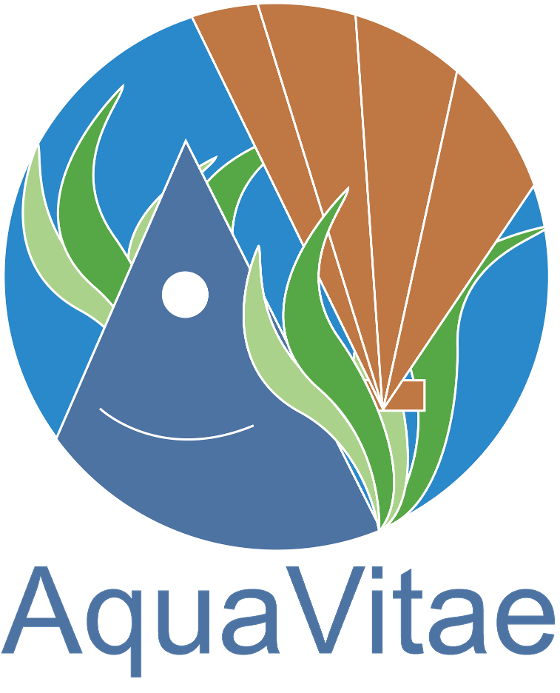Sustainable seafood supply chains

On the first of March the International Panel on Climate Change (IPCC) published the report on Climate Change 2022 – Impacts, adaptation and vulnerabilities. The report states that increasing weather and climte extreme events have exposed millions of people to acute food security, and that ocean warming and ocean acidification have adversely affected food production from shellfish aquaculture. Kelp aquaculture can also buffer against local acidification and contribute to carbon storage. The IPPC report on mitigation to be published in April 2022 is likely to provide more suggestions how we can reduce climate gas emissions in the food production in general but also in aquaculture supply chains. We suddenly have a new challenge when it comes to food security. We know that the war in Ukraine will result in increased food prices and a need for more locally produced food, nutraceuticals and raw materials. This project will contribute to aspects of climate adaptation in aquaculture and to the reduction of the carbon footprint of aquaculture production. The aim is to increase the knowledge enabling sustainable food security focusing on low trophic aquaculture (LTA) e.g. macro algae, sea urchins and or clams. The work with the development of low trophic aquaculture with the ambition to contribute to the diversification of the aquaculture industry is connected to the ongoing Horizon 2020 project AquaVitae (https://aquavitaeproject.eu/).
The aim is to operationalize sustainability and assess climate performance of the low trophic aquaculture supply chains. The project will adress future challenges in this industry: identify barriers, risks and opportunities and apply climate adaptation and mitigation strategies and guidelines. Despite the AquaVitae international network, the project will focus on LTA species in the Arctic. Therefore we will evaluate potential supply changes in relation to national regulations and policies. The project will involve stakeholders from the public sector and from the industry involved in low tropic aquaculture planning and production. We will identify opportunities and challenges for low tropic aquaculture, production in the Arctic in cooperation with other ongoing projects and aquaculture businesses interested in diversification. The project is likely to conduct modelling of potential production, quantitative analysis, and compare and rank sustainability and climate performance of LTA.